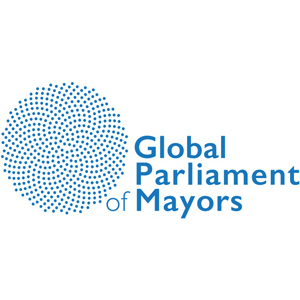Re-imagining cities in the COVID-19 era
Published in Global Parliament of Mayors
The COVID-19 pandemic is quietly and radically reconfiguring cities around the world. It has already brought several of the world’s global cities to their knees. In addition to the billions of people forced to work remotely are another billion living in slums who depend on the informal economy, have few safety nets and are seeing their incomes and livelihoods upended. With the COVID-19 pandemic now rapidly intensifying in lower- and middle-income cities and neighbourhoods, it is overwhelming under-resourced hospitals, demolishing commerce, shredding remittances, straining digital infrastructure, increasing vulnerability to cyberattacks and intensifying mental health illnesses. Many cities were already facing massive liabilities and revenue shortfalls before the outbreak of the pandemic – yet these are set to intensify dramatically around the world.
COVID-19 is also revealing the weaknesses of many national governments and the state of our social contracts. In some countries, the failure of national leaders to respond quickly has reinforced the influence of governors and mayors. In others, it is both highlighting and hardening how legal and political power is distributed in the system. COVID-19 is likewise exposing multiple inequalities – both between and within cities. Where there is leadership, coordination and stringent responses across different layers of government, the virus is more rapidly contained and economies are more likely to be re-opened safely. Where there is competition and dysfunction, fatality rates soar and multiple lockdowns are inevitable. The pandemic is a reminder that cities are the front and last line of defence against this infectious disease outbreak and future ones.
Read more



